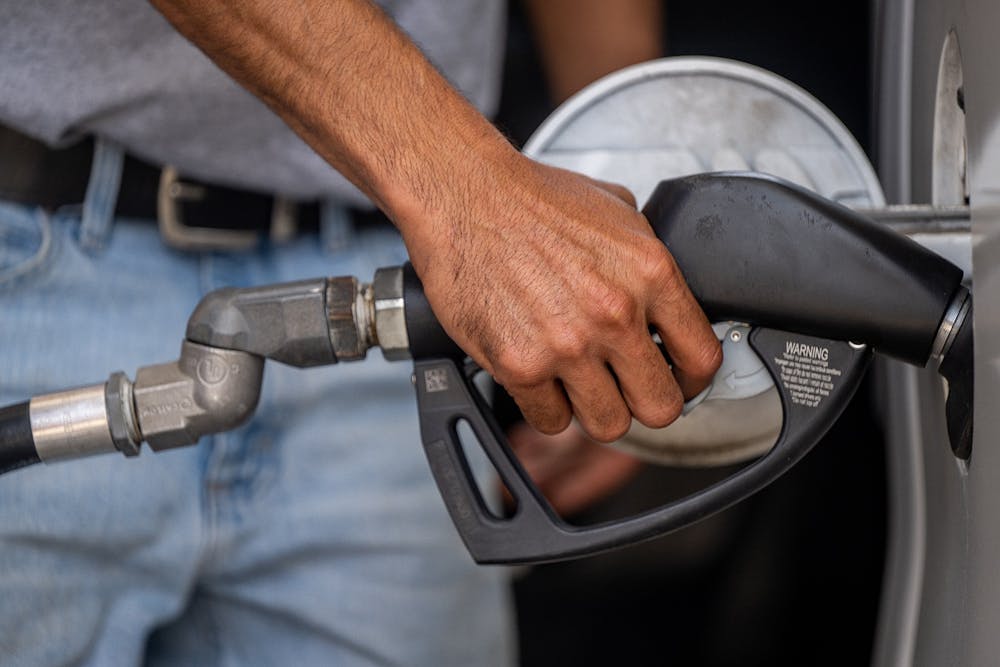The Indiana Volkswagen Mitigation Trust Fund Committee awarded $3,361,120 to nine companies in Indiana to help reduce diesel emissions in its latest round of funding on Feb. 24.
In 2016, the U.S. government sued Volkswagen after finding the company used sophisticated software to cheat regulatory emissions tests, violating federal law. The settlement required Volkswagen to pay a $2.7 billion fine. From this fine, states were given a certain amount of money to spend to reduce diesel emissions. In total, Indiana received $41 million to allocate from this settlement.
Indiana directed its funds to the Volkswagen Mitigation Trust Fund Committee, created in October 2017 by an executive order from Indiana Gov. Holcomb.
[Related: Third-party test shows East Palestine waste contains no harmful levels of dioxins]
The Indiana Department of Environmental Management oversees the allocation of funds to industrial companies for the purpose of diesel emission reduction. Several rounds of funding have already been sent to companies that applied.
Roughly 95% of the initial $41 million has been awarded to the industrial company applicants so far, Barry Sneed, public information officer for IDEM, said in an email. Around two-thirds of the companies applying have received funding.
Sneed said in the email that the funding thus far has been focused on replacing diesel-powered equipment with cleaner diesel, natural gas or electric models. Two-hundred school buses and 20 transit buses running on diesel were able to be replaced by either electric or compressed natural gas-based models.
The companies receiving funding this round are Carter Express, Consolidated Terminals and Logistics, Fastenal Company, GE Marshall, Indiana Metal Management, Kokomo Grain Co., Metro Ports, Nucor and Steel Dynamics, which received between $100,000 dollars and $829,066.
Blake Marshall, contract administrator and operations manager at GE Marshall, located in Valparaiso, Indiana, said that the company is using the $294,077 from this round to help replace old vehicles and machines with more fuel-efficient ones.
GE Marshall is replacing diesel excavators and a diesel recycling screener with an electric model. The company has received two rounds of funding so far.
“The newer equipment is more efficient in the field,” Marshall said. “It’s generally safer and cleaner for the environment and holding to our environmental regulations.”
[Related: ‘It defeats the whole purpose of recycling’: city sanitation asks community to check habits]
Cody Kirkpatrick, a senior lecturer in the department of earth and atmospheric sciences at IU, said reducing diesel emissions wherever possible will help reduce carbon dioxide emissions.
“We have known for 200 years that the amount of carbon in the atmosphere affects the temperature of the atmosphere,” Kirkpatrick said. “Carbon dioxide absorbs heat energy from the earth that would otherwise escape to space.”
As well as contributing to climate change, Kirkpatrick said diesel emissions can affect public health. According to the World Health Organization, air pollution can raise the risk of stroke, heart disease, lung cancer and pneumonia.
“Exhaust from diesel engines and all other engines that we have is harmful,” Kirkpatrick said. “We know that the amount of pollution is tied to an increase of health problems.”






